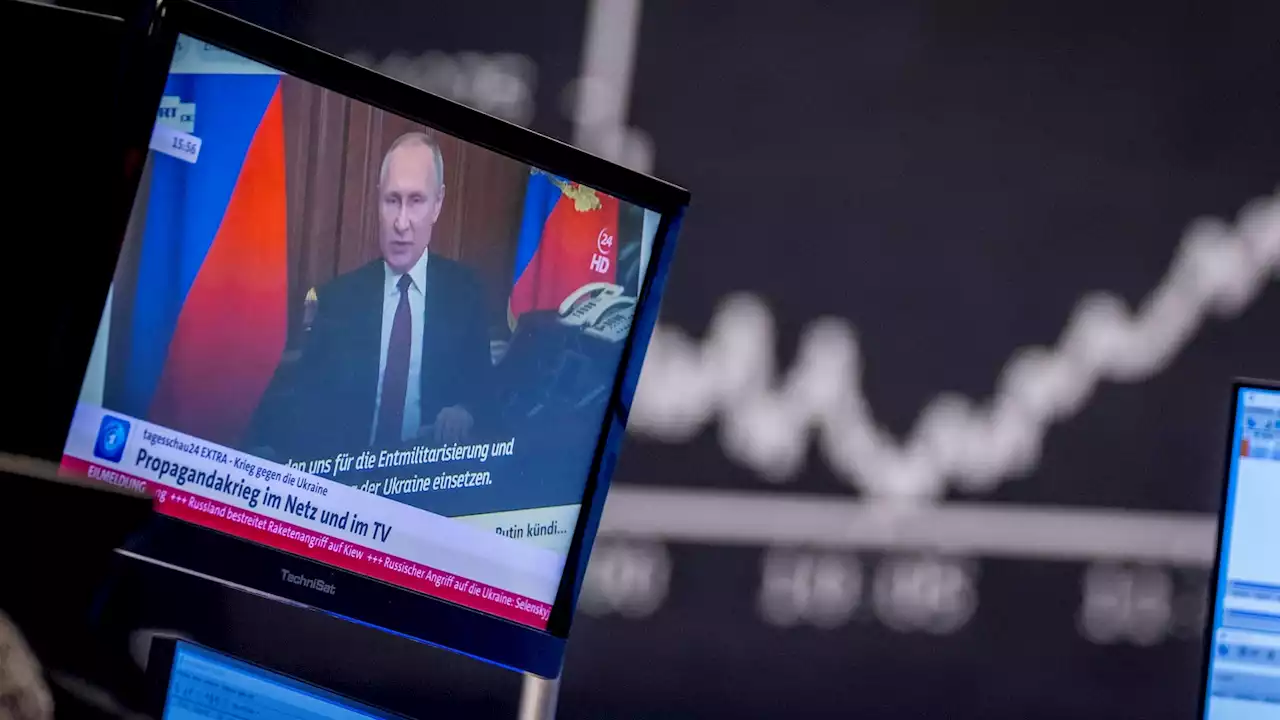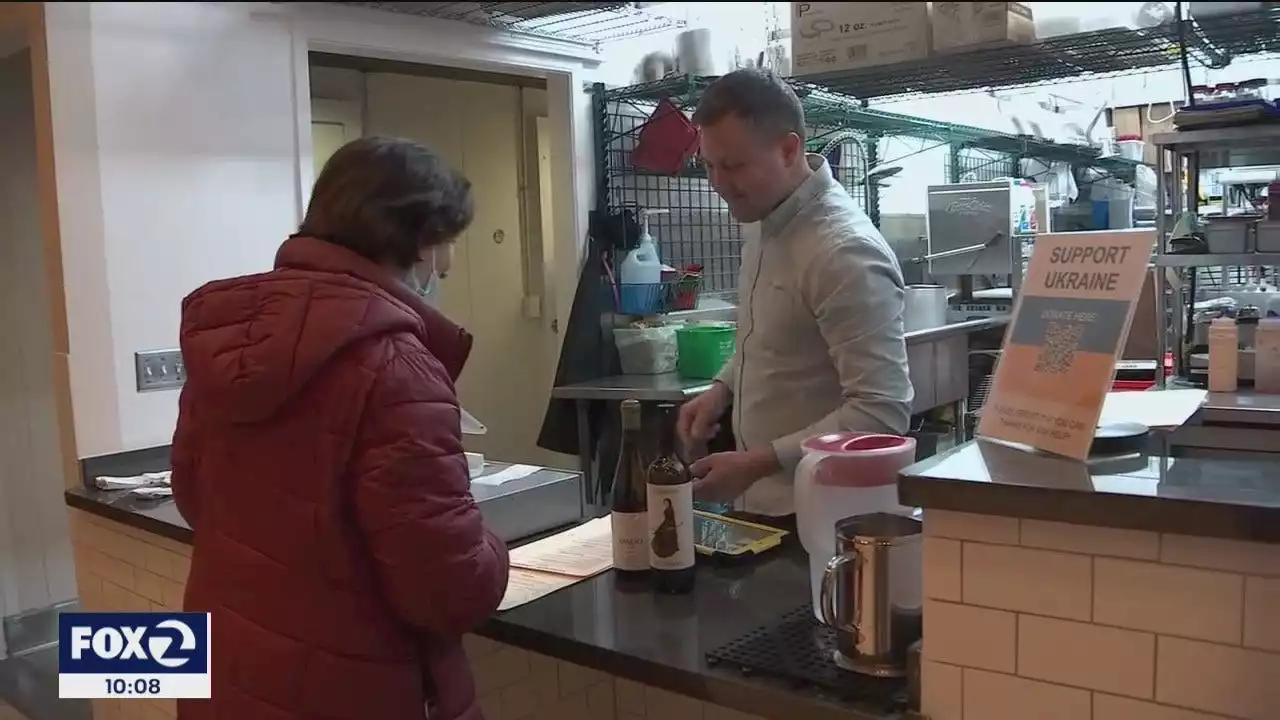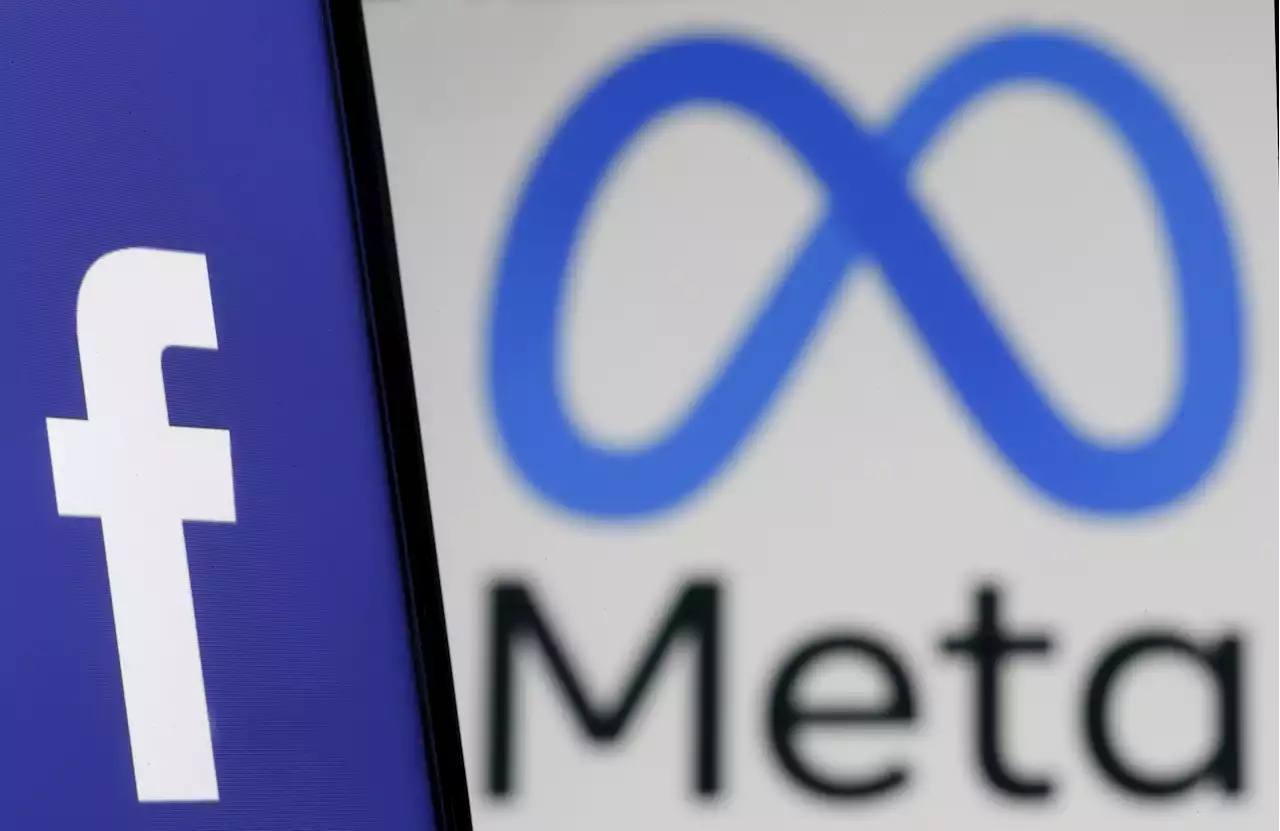Research shows we check our smartphones about 84 times each day and spend up to 5 hours on them.
explores the relationships between social media use, divergent thinking, and real-life creative achievement.
In a sample of 379 undergraduates, the researchers correlated scores on a divergent thinking measure, a self-reported real-life creative achievement scale, and a smartphone addiction scale. The Alternative Uses Task was used to measure divergent thinking , in which participants are asked to generate as many alternative and creative uses for something like an ordinary brick. The Creative Achievement Questionnaire asked participants to report their creative achievements across ten areas .
The authors conclude: “We report that people who think in more creative ways tend to not actively engage in social media and are generally less addicted to their smartphones. People with real-life creative accomplishments, on the other hand, tend to be more active on social media platforms.” Lead author Joshua Upshaw noted the findings were interesting because: “it suggests that, for this sample, there may be some form of novel idea stagnation for those who are more active on social media. This could be because the input of ideas from social media for more active users are more likely to be influenced by the ideas of others.
Österreich Neuesten Nachrichten, Österreich Schlagzeilen
Similar News:Sie können auch ähnliche Nachrichten wie diese lesen, die wir aus anderen Nachrichtenquellen gesammelt haben.
Huggy Wuggy: What parents need to know about the disturbing new social media trend impacting kidsHuggy Wuggy, a popular character from an online video game, is raising concerns among some parents of elementary school aged children.
Weiterlesen »
Mockery of West, Warnings to Taiwan Fill Chinese Social Media After Ukraine InvasionOn Chinese social media, internet users and prominent nationalist voices offered sympathy for Russian President Vladimir Putin, at times casting doubt on the West’s reliability and blaming the NATO for fueling the conflict
Weiterlesen »
 War via TikTok: How Russia is using social media to spread propagandaExperts say it's a reminder that the internet has changed the way nations go to war.
War via TikTok: How Russia is using social media to spread propagandaExperts say it's a reminder that the internet has changed the way nations go to war.
Weiterlesen »
 Ukrainian-owned SF restaurant receives social media threatsA Ukrainian-owned restaurant in SanFrancisco received threats on social media this week, but offline, an uptick in business from locals showing support for Ukraine amid violence from the Russian military invasion.
Ukrainian-owned SF restaurant receives social media threatsA Ukrainian-owned restaurant in SanFrancisco received threats on social media this week, but offline, an uptick in business from locals showing support for Ukraine amid violence from the Russian military invasion.
Weiterlesen »
 The social media sites Facebook and Twitter take fresh steps to combat Russian disinformationMeta and Twitter restrict Russian ads after Moscow said it was limiting access to Facebook.
The social media sites Facebook and Twitter take fresh steps to combat Russian disinformationMeta and Twitter restrict Russian ads after Moscow said it was limiting access to Facebook.
Weiterlesen »
 Social media companies push Ukrainian users to add safeguardsFrom hiding your location to using encrypted chats, here’s how to stay safe online in a high-risk area.
Social media companies push Ukrainian users to add safeguardsFrom hiding your location to using encrypted chats, here’s how to stay safe online in a high-risk area.
Weiterlesen »
